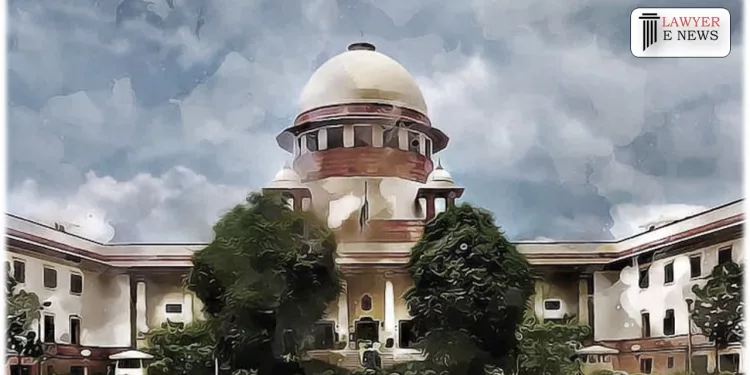Supreme Court Deems Pre-Deposit Arbitration Conditions Unconstitutional: Fundamental Rights Paramount in Arbitration Agreements

In a landmark decision on November 6, the Supreme Court of India, led by Chief Justice Dr. Dhananjaya Y. Chandrachud, along with Justices J.B. Pardiwala and Manoj Misra, ruled that pre-deposit conditions stipulated in arbitration agreements are unconstitutional, emphasizing the supremacy of fundamental rights in the context of arbitration clauses.
The Court scrutinized a pre-deposit condition under an arbitration agreement in light of Article 14 of the Constitution, stating that such conditions violate the principles of equality and are thus unconstitutional. “The Court’s role in examining arbitration clauses for compliance with fundamental rights is affirmed,” the bench noted, highlighting the constitutionality aspect in arbitration agreements.
Delving into the intricacies of legal theory, the Court applied Kelsen’s Pure Theory of Law, affirming the Indian Constitution as the paramount Grundnorm. “Our Constitution is the paramount source of law in our country. All other laws assume validity because they are in conformity with the Constitution,” the Court observed.
In an unprecedented move, the Court emphasized the non-waivability of fundamental rights in the context of arbitration agreements, stating, “There can be no waiver of fundamental rights.” This observation underscores the Court’s commitment to ensuring that arbitration agreements do not undermine constitutional guarantees.
Addressing the validity of arbitrator appointments, the Court stressed the importance of independence, particularly under circumstances raising doubts about their impartiality. “Neutrality of arbitrators is essential for the integrity of the arbitration process,” the judgment read.
In a comprehensive analysis, the Court also referred to international perspectives on arbitration agreements, examining cases from Canada and the United States to understand the global stance on such clauses.
Concluding the proceedings, the Court appointed Mr. V.K. Bist, the Former Chief Justice of the High Court of Sikkim, as an independent arbitrator, setting a precedent for future arbitration agreements and their interpretation in the Indian legal system.
This ruling marks a significant step in arbitration law in India, ensuring that arbitration agreements align with constitutional mandates and fundamental rights, thereby reinforcing the rule of law and fair justice principles.
Date of Decision: 06 November 2023
LOMBARDI ENGINEERING LIMITED VS UTTARAKHAND JAL VIDYUT NIGAM LIMITED






